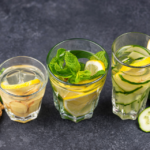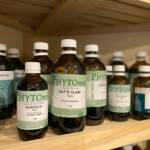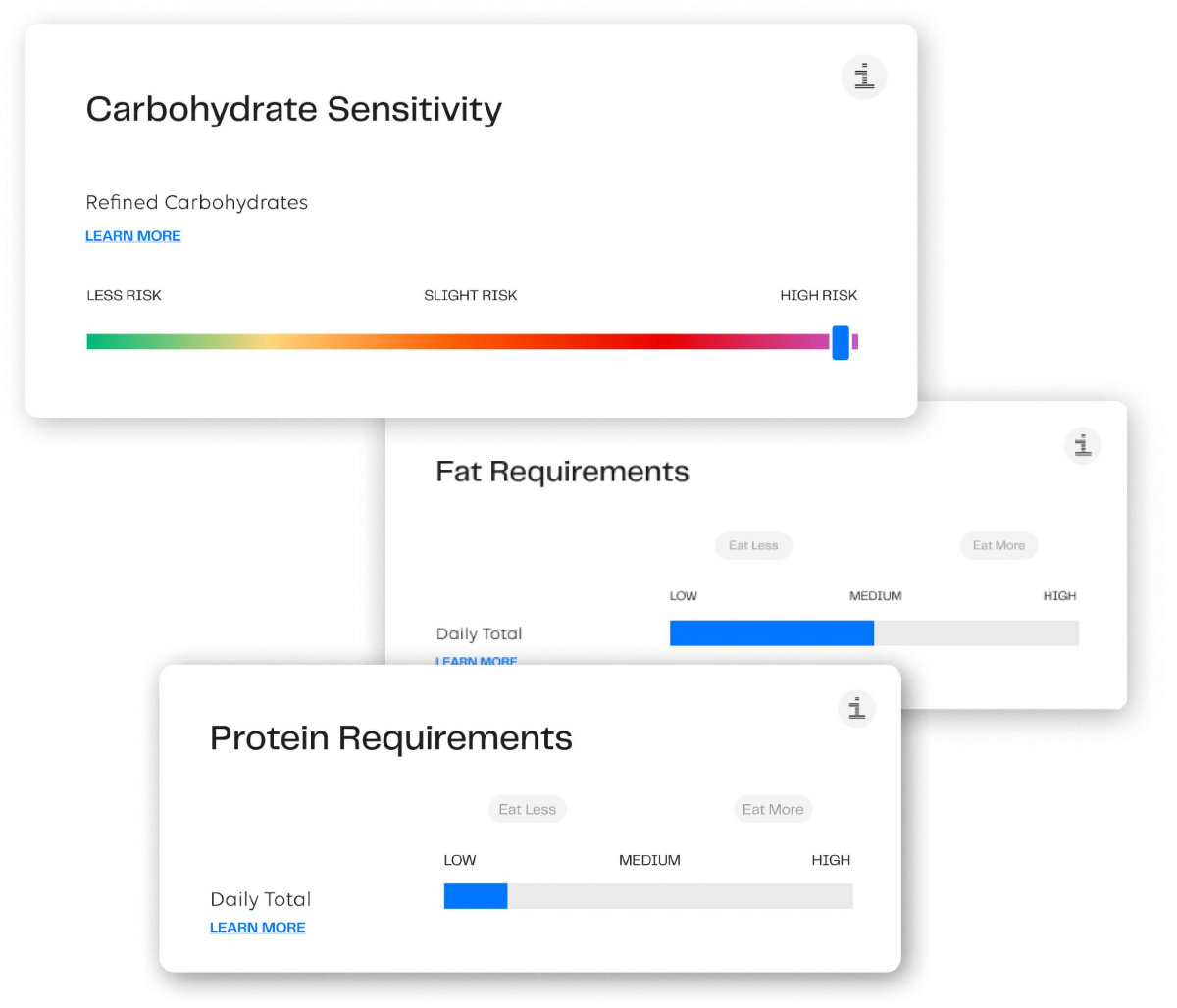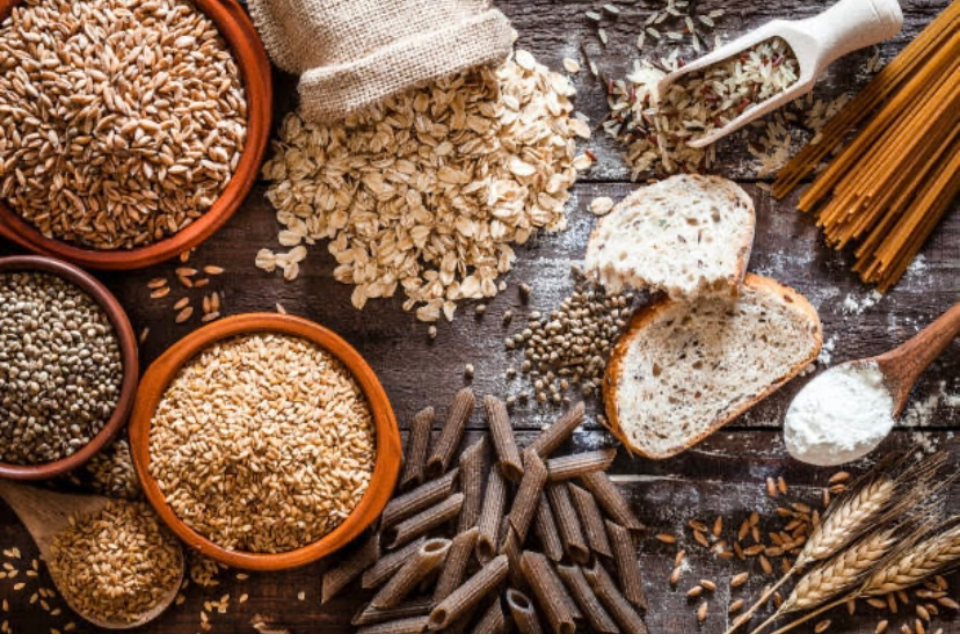The Skin-Gut Connection: Nourish Your Way to a Radiant Glow
It’s wonderful to see that you are wanting to take a proactive approach to skin health! Understanding the connection between nutrition and skin is a valuable asset for anyone to learn.
Let’s dive into the top nutrients for healthy, radiant skin:
Minerals
Vitamin C: This powerful antioxidant protects your skin from sun damage, promotes collagen production (essential for firmness and elasticity), and helps fade hyperpigmentation.
Food Sources: Citrus fruits (oranges, grapefruits, lemons), berries (strawberries, raspberries, blueberries), kiwi, bell peppers, kale, broccoli.
Zinc: Zinc plays a vital role in wound healing, reducing inflammation, and regulating oil production in the skin.
Food Sources: Pumpkin seeds, lentils, chickpeas, cashews, beef, lamb, oysters. The best source of zinc is oysters, but it’s also plentiful in red meat and poultry. Other good sources are other kinds of seafood, nuts whole grains, breakfast cereals, and dairy products. You can actually get a good amount of zinc from blueberries too.
Fats
Vitamin A: Vitamin A is crucial for skin cell turnover and repair. It helps prevent dryness, acne, and premature aging.
Food Sources: Sweet potatoes, carrots, spinach, kale, apricots, cantaloupe. Concentrations of vitamin A are highest in liver, fish, eggs, and dairy products. Most dietary provitamin A in the diet comes from leafy green vegetables, orange and yellow vegetables, tomato products, fruits, and some vegetable oils. These vegetable sources need to be converted to be used effectively, and you can do this by cooking/consuming them with some kind of fat.
Omega-3 Fatty Acids: These healthy fats help maintain the skin’s barrier function, keeping it hydrated and supple. They also have anti-inflammatory properties, which can benefit conditions like acne and eczema.
Food Sources: Fish and other seafood (especially cold-water fatty fish, such as salmon, mackerel, tuna, herring, and sardines) Nuts and seeds (such as flaxseed, chia seeds, and walnuts) Plant oils (such as flaxseed and hemp seed oils).
Vitamin D: Often referred to as the “sunshine vitamin,” Vitamin D plays a crucial role in skin cell growth, repair, and immune function. It may also help protect against skin cancer.
Food Sources: Fatty fish (salmon, tuna, mackerel), egg yolks, fortified foods (milk, cereals, orange juice). The best food source is cod livers.
Sunshine: Your body also produces vitamin D when your skin is exposed to sunlight. Aim for 10-15 minutes of midday sun exposure several times a week.
Vitamin E: Another potent antioxidant, vitamin E protects skin cells from damage caused by free radicals, which can contribute to premature aging.
Food Sources: Almonds, sunflower seeds, spinach, avocado, butternut squash.
Protein
Amino Acids: Amino acids are essential for collagen production, which provides structure and elasticity to the skin. They also play a role in wound healing and tissue repair.
Food Sources: Complete protein sources like meat, poultry, fish, eggs, dairy, and soy contain all the essential amino acids. You can also get amino acids from plant-based sources like quinoa, buckwheat, beans, lentils, and nuts, though you’ll need to combine them to ensure you’re getting all the essential ones.
Incorporating these nutrients into your diet can support healthy, glowing skin from the inside out. Remember, a holistic approach to skincare involves nourishing your body with wholesome foods, along with a good skincare routine and lifestyle habits.
Naturopathic skin health isn’t just about glowing skin— it’s a reflection of inner wellness. You can achieve radiant skin that’s a true expression of vibrant health.”








